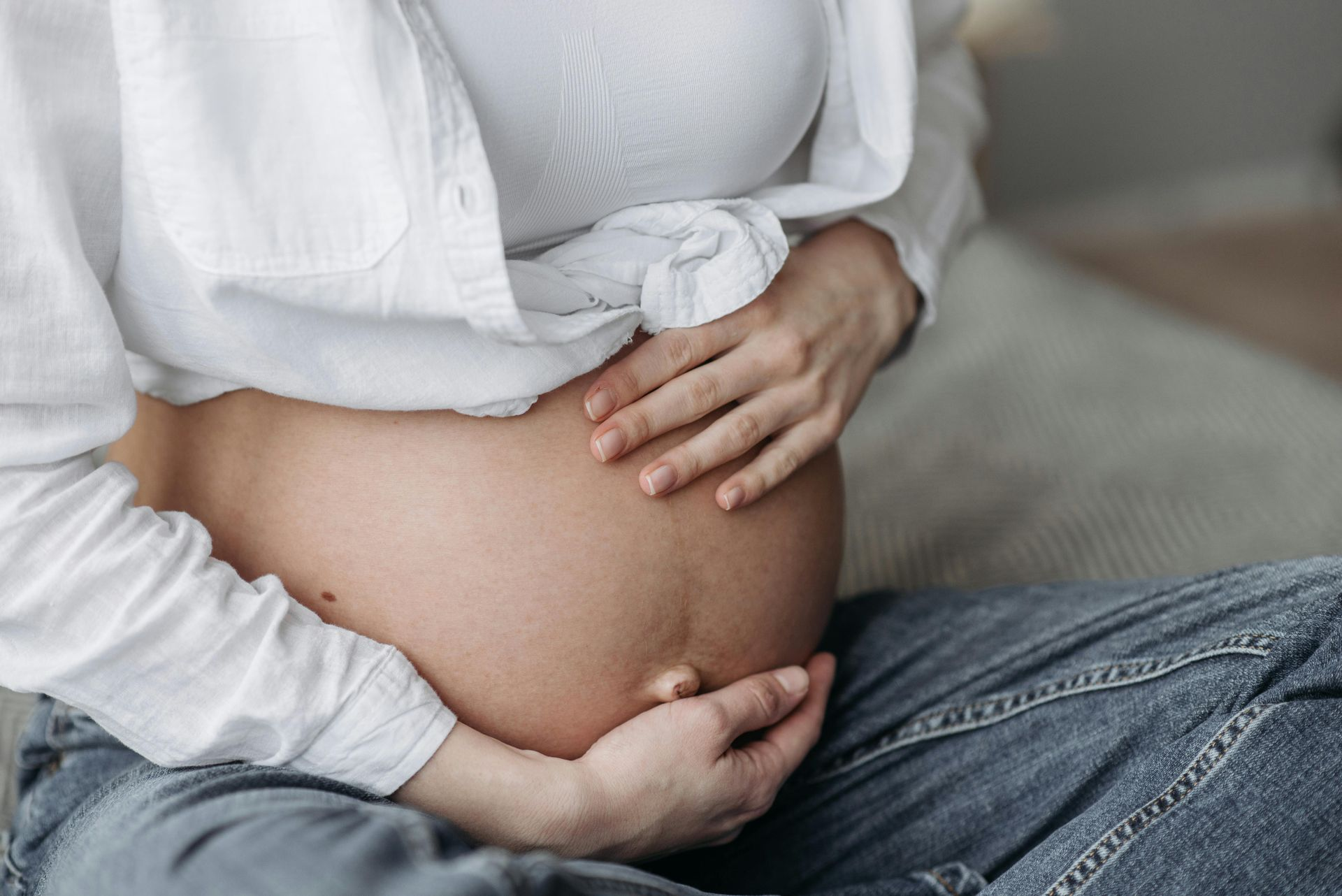Blog Layout
510 Colorado Ave. Pueblo, CO

Slide title
Write your caption hereButton
Slide title
Write your caption hereButton
Slide title
Write your caption hereButton
Slide title
Write your caption hereButton
Clinic Hours
- Monday
- -
- Tuesday
- -
- Wednesday
- -
- Thursday
- -
- Friday
- -
- Saturday
- Closed
- Sunday
- Closed
Opening on Saturdays in December.
Connect With Us
ACPC Women's Clinic does not perform, recommend, or refer for abortions or abortifacients, but are committed to offering accurate information about abortion procedures and risks. We do not offer or refer for emergency contraceptives.
© 2026
All Rights Reserved | ACPC Women's Clinic



